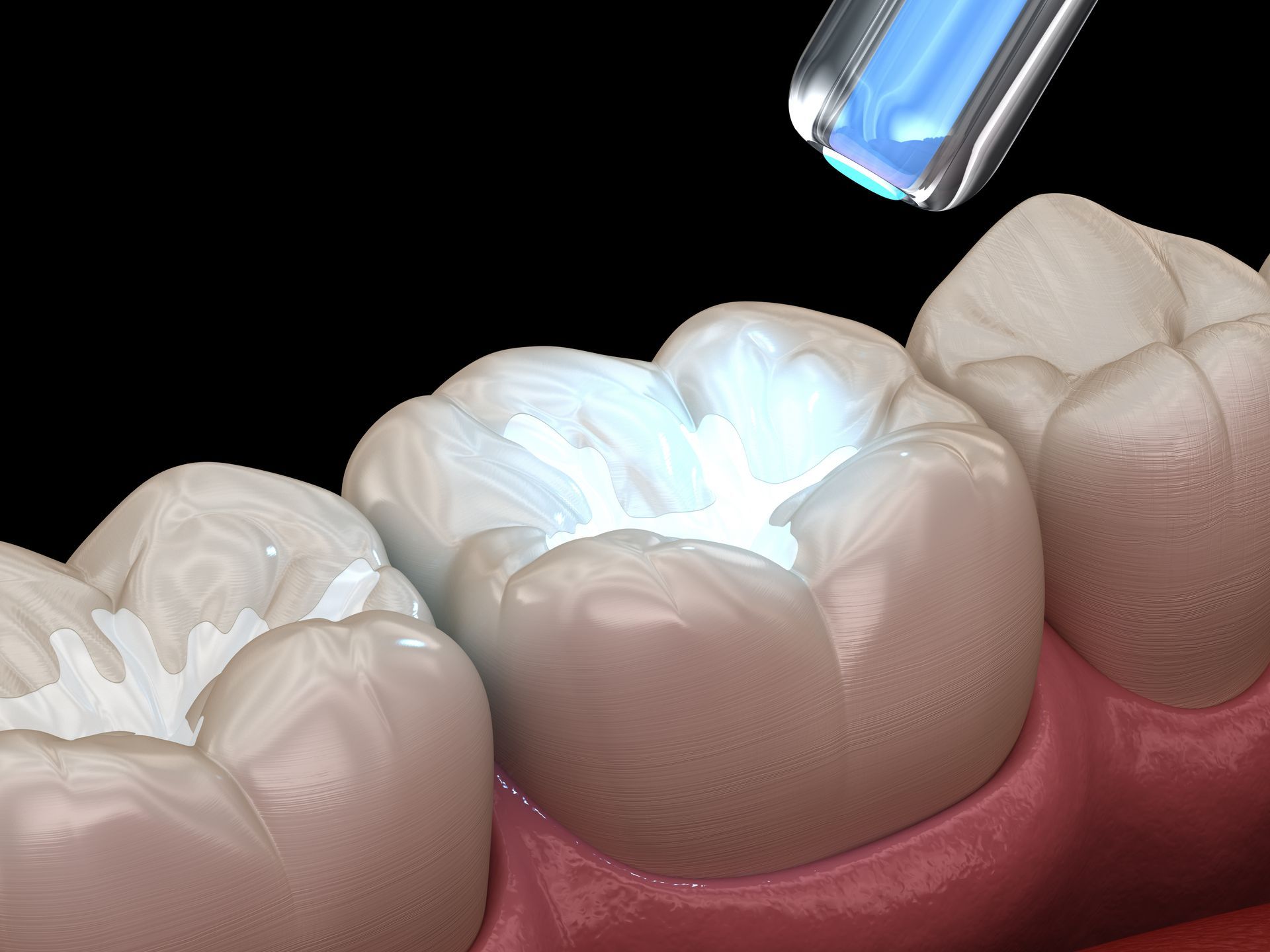What are the Signs That You Need a Root Canal?
When it comes to dental care, few phrases are as anxiety-inducing as "root canal." But what if we told you that a root canal is not as scary as it sounds—and could actually be the hero your tooth desperately needs? The key is knowing when your tooth is crying out for help. In this blog post, we’ll walk you through the most common signs that you might need a
root canal therapy, explain why it’s not the stuff of nightmares, and how to take action before things get worse. Let’s dive in!
What is a Root Canal, and Why Would You Need One?
Before jumping into the signs, let’s start with the basics: what exactly is a root canal? Spoiler alert—it’s not a canal that runs through your roots, and it’s definitely not as dreadful as some make it out to be.
A Root Canal Procedure is a dental treatment that involves removing the infected or damaged pulp (the soft tissue inside your tooth), cleaning out the canals, and sealing the tooth to prevent future infection. It’s typically recommended when a tooth's pulp becomes inflamed or infected due to deep decay, cracks, or other trauma. While it might sound intimidating, a Pain-Free Root Canal is designed to save your tooth from extraction and relieve your pain.
Now, on to the million-dollar question: how do you know if you need one?
Persistent Tooth Pain: When Your Tooth Won’t Stop Talking
Tooth pain is never fun, but if you’ve noticed a specific tooth screaming for attention day in and day out, it could be your tooth's way of saying, “I need help!” Here’s the deal: not all toothaches mean you need a Root Canal Treatment, but consistent, severe pain that doesn’t go away after a few days could be a sign of infection or damage inside the tooth.
Common types of pain that may signal a root canal:
- Throbbing pain: Does it feel like your tooth has its own heartbeat? Constant pulsing pain might mean the nerve is irritated.
- Sensitivity to hot or cold: If you can’t enjoy a scoop of ice cream or a hot coffee without wincing in pain, it could indicate a deeper issue in your tooth's pulp.
- Pressure pain: Feeling discomfort when chewing or applying pressure on the tooth? That’s another red flag for a possible Emergency Root Canal.
Humorously enough, your toothache can be like that one friend who texts you nonstop—they need attention, and they need it now! If your tooth won’t stop "texting" you, it’s time to listen.
Gum Swelling: The Unexpected Tooth Trouble Sign
We tend to associate tooth pain with the need for a Root Canal Dentist, but swollen gums can also be an important clue. The soft tissue around your teeth—aka your gums—will sometimes puff up or feel tender when there's an infection brewing below the surface.
Signs of gum swelling that may indicate a root canal:
- Swelling around one tooth: Localized swelling near a specific tooth could be a sign that something is going on deep inside.
- A small pimple-like bump: If you notice a little bump or boil (known as a dental abscess) on your gums, it could be filled with pus, signaling an infection that might require root canal treatment.
- Tenderness or bleeding: Swollen gums that hurt to the touch or bleed easily might be a sign that the tooth underneath needs a Root Canal Restoration.
Swollen gums can sometimes be dismissed as just a minor irritation, but if you notice swelling that sticks around, it's worth getting checked out. A good rule of thumb? If your gums look like they’re gearing up for a pillow fight (puffy), it’s time to pay attention!
Darkening or Discoloration of the Tooth: When Your Tooth is Going Grey
A less obvious sign that you might need a Root Canal Treatment is when your tooth starts to change color. Healthy teeth are typically a pearly white or slightly yellow hue, but a tooth in distress can darken due to dying tissue or blood supply loss.
Common causes of tooth discoloration that may require a root canal:
- Trauma to the tooth: A hit to the tooth can damage the inner pulp, causing the tooth to turn gray or black over time.
- Deep decay: Untreated cavities can lead to the death of the tooth’s nerve, resulting in a darker shade.
- Old dental work: Sometimes, an older filling or crown can fail, leading to discoloration as the pulp becomes infected, requiring Root Canal Restoration.
If your tooth looks like it’s gone through its own version of a goth phase, turning dark or grey, it might be a sign of internal damage that only a
Root Canal Therapy can fix.
Sensitivity to Hot and Cold: When Ice Cream Becomes Your Enemy
You might have always enjoyed a cold drink on a hot day or a hot bowl of soup when it's chilly, but suddenly, these little pleasures bring on unbearable pain in your teeth. If your tooth reacts with a sharp, lingering pain to temperature changes, there’s a chance the inner pulp of the tooth is inflamed or infected.
What to watch out for:
- Sensitivity that lingers: If your tooth hurts long after the hot or cold sensation is gone, this is more concerning than brief discomfort.
- Pain with both hot and cold: Sensitivity to both extremes is a tell-tale sign that there could be a more serious issue inside the tooth that may require an Emergency Root Canal.
Tooth sensitivity can start as a minor inconvenience but can turn into a bigger problem. If you’re avoiding your favorite frozen treats because of the pain, it’s time to visit your
Root Canal Dentist.
Get Professional Help from Meyer Family Dental: Root Canal Procedures in West Haven, UT!
If you’re experiencing any of these symptoms, don’t wait until the problem worsens. Our team at Meyer Family Dental is here to help with professional root canal procedures to save your tooth and eliminate pain. With years of experience serving West Haven, UT, and the surrounding areas, we understand that dental issues can be stressful, but we make the process as comfortable as possible for our patients.
From root canals to
pediatric dentistry,
tooth extractions,
wisdom tooth removal,
fillings, and more, our friendly and skilled team will take care of all your dental needs. Call us today at
801-731-5600 to schedule a consultation and get your smile back on track!
FAQs
Is a root canal painful?
Modern root canals are virtually painless! Dentists use local anesthesia to numb the area, so the only thing you might feel is slight discomfort during the procedure.
How long does a root canal procedure take?
On average, a root canal can take about 60 to 90 minutes. Depending on the severity of the infection, it might take more than one visit.
What happens after a root canal?
After a root canal, the tooth will need a crown to protect it from future damage. You might experience some mild pain or sensitivity for a few days, but this can usually be managed with over-the-counter pain relief.
How long will a root canal last?
With proper care, a root canal-treated tooth can last a lifetime. Regular check-ups, brushing, and flossing are key to maintaining your dental health.
Can you drive home after a root canal?
Yes! Since a root canal is typically done under local anesthesia, you should be able to drive home right after the procedure.












